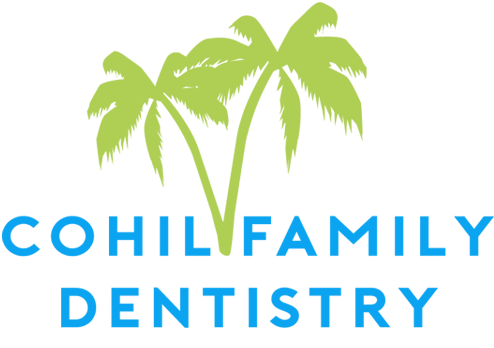
Kirk K. Cohil, DDS, PA
2525 E. Semoran Blvd. Apopka, FL 32703
MONDAY 8:00 AM – 5:00 PM
TUESDAY 8:00 AM – 5:00 PM
WEDNESDAY 8:00 AM – 5:00 PM
THURSDAY 8:00 AM – 5:00 PM
FRIDAY/SAT / SUN CLOSED
We Look Forward to Seeing You Soon.
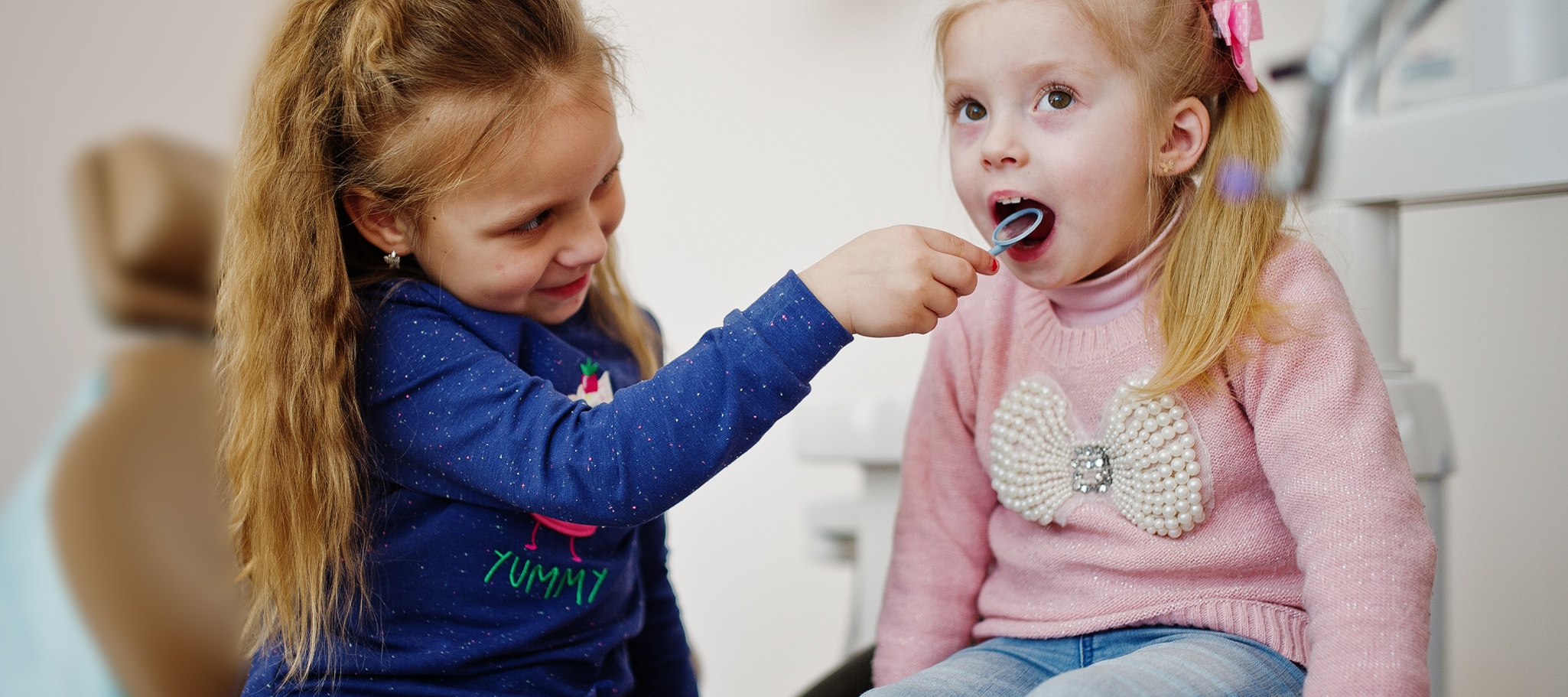
childrens-dentistryIt is highly recommended to have your child’s first dental visit at two years of age. A child typically has all of his/her baby (primary) teeth between the ages of two and three. By starting exams at an early age, invasive dentistry can be prevented. From our Apopka dentist office we have the opportunity to create positive experiences for children, setting the stage for a lifetime of quality dental care.
The first dental visit can be fun, with very little treatment typically rendered. Our dentist gently examines your child’s teeth and gums. The childrens teeth will be cleaned and a topical fluoride may be applied to help minimize the development of decay. Depending on the dental condition and clinical findings, x-rays may or may not be taken at the first visit. We will make sure that your child is receiving adequate fluoride at home. Also, we will review how to properly clean and care for your child’s teeth. It is encouraged to brush two times daily and visit the dentist two times a year.
During the dental visit, we may ask the parent to sit in the dental chair with the child and hold them during the examination and/or cleaning. Or, the parent may be asked to observe the visit from just outside the room or wait in the reception area. This may be so a relationship can be built between the child and Dr. Cohil, without outside distractions. In most instances, however, parents may come in the treatment rooms.
As children develop permanent teeth and looses baby teeth, they should be regularly monitored for any developmental or environmental problems. If there are ever concerns, a child should be brought to the office, at any age, so a problem may be intercepted and treated accordingly. Prevention is always better than treatment. If a child suffers any form of trauma or injury to the face, a dentist should be contacted immediately.
We suggest that you prepare your child the same way that you would before their first haircut or trip to the shoe store. You need to describe it as a positive, enjoyable experience, to help set the tone. Your child’s reaction to his/her first visit may surprise you.
– Speak positively about your own dental experiences without causing any unnecessary fear, such as shots, needles, the drill, pull or hurt. Our office makes a practice of using words that convey the same message, but are pleasant and non-frightening to children.
– Read books to them about teeth or going to the dentist (i.e. Dr. Seuss, “The Tooth Book”)
– Review with them what the dentist will be doing during the visit (i.e. counting teeth, make them sparkle, etc.)
– Show them your teeth as well as their own teeth in the mirror
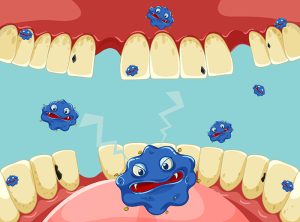
Good oral hygiene removes bacteria and the left over food particles that combine to create cavities. For infants, use a wet gauze or clean washcloth to wipe the plaque from teeth and gums. Also, the little rubber finger brush is handy with a non-fluoridated paste. Avoid putting your child to bed with a bottle filled with anything other than water. If a child won’t fall asleep without the bottle and its usual beverage, gradually dilute the contents with water over a period of two to three weeks.
For older children, brush their teeth at least twice a day. Also, watch the number of snacks containing sugar that you give your children. It is important that your child drinks tap water and/or bottled water containing fluoride, and milk so teeth develop strong, with low susceptibility to decay.
Every time someone eats, an acid reaction occurs inside their mouth as the bacteria digest the sugar. As the sugar remains on the teeth, so do the bacteria, which produce the acidic byproduct. A continuous acid environment will destroy the tooth structure, eventually leading to cavities.
– Choose nutritious snacks
– Avoid sticky and tacky foods
– Drink more water and milk, avoid or minimize soda and juices
– Limit the frequency of meals and snacks (make treats part of meals)
– Brush two times daily, floss, use fluoridated mouth rinses like ACT
– Visit the dentist every 6 months
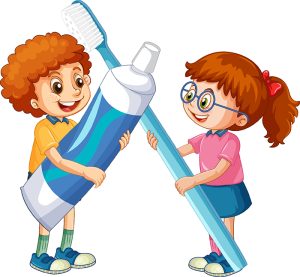
Tooth brushing is one of the most important tasks for good oral hygiene. When looking for toothpaste for your child, make sure it is one that is recommended by the American Dental Association, as shown on the box or tube. These toothpastes have undergone testing to insure they are safe to use.
Remember, children should spit out toothpastes after brushing to avoid getting too much fluoride. If too much fluoride is ingested, a condition known as fluorosis can occur. If your child is too young or unable to spit out toothpaste, consider providing them with fluoride-free toothpaste, use no toothpaste, or use only a “pea-size” amount of toothpaste.
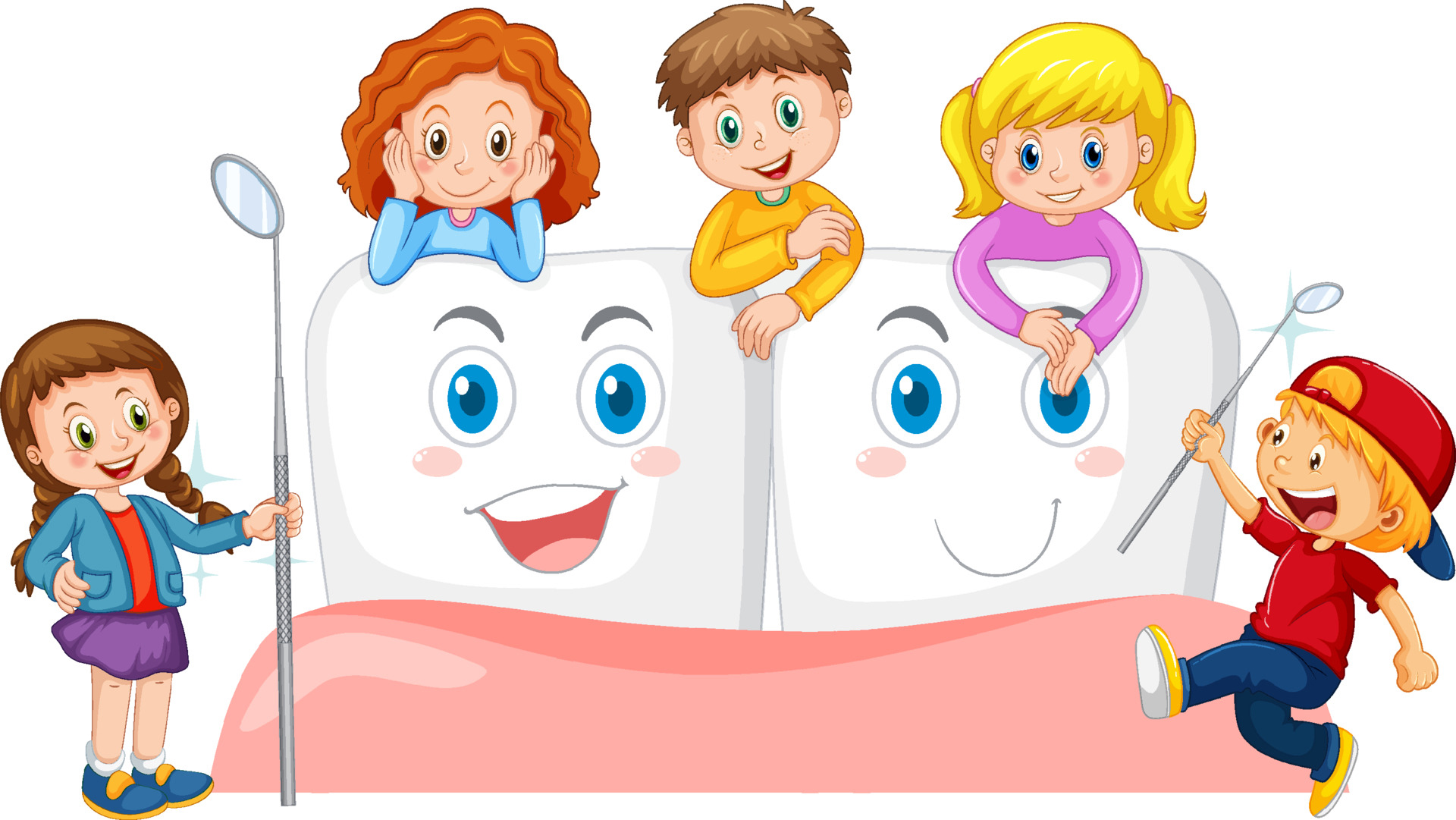
We look forward to meeting you and providing you with the best dental treatment possible. If you have any further questions please call us at (407) 889-9682.
Hello and thank you for visiting our website. We love to share our customers reviews.
